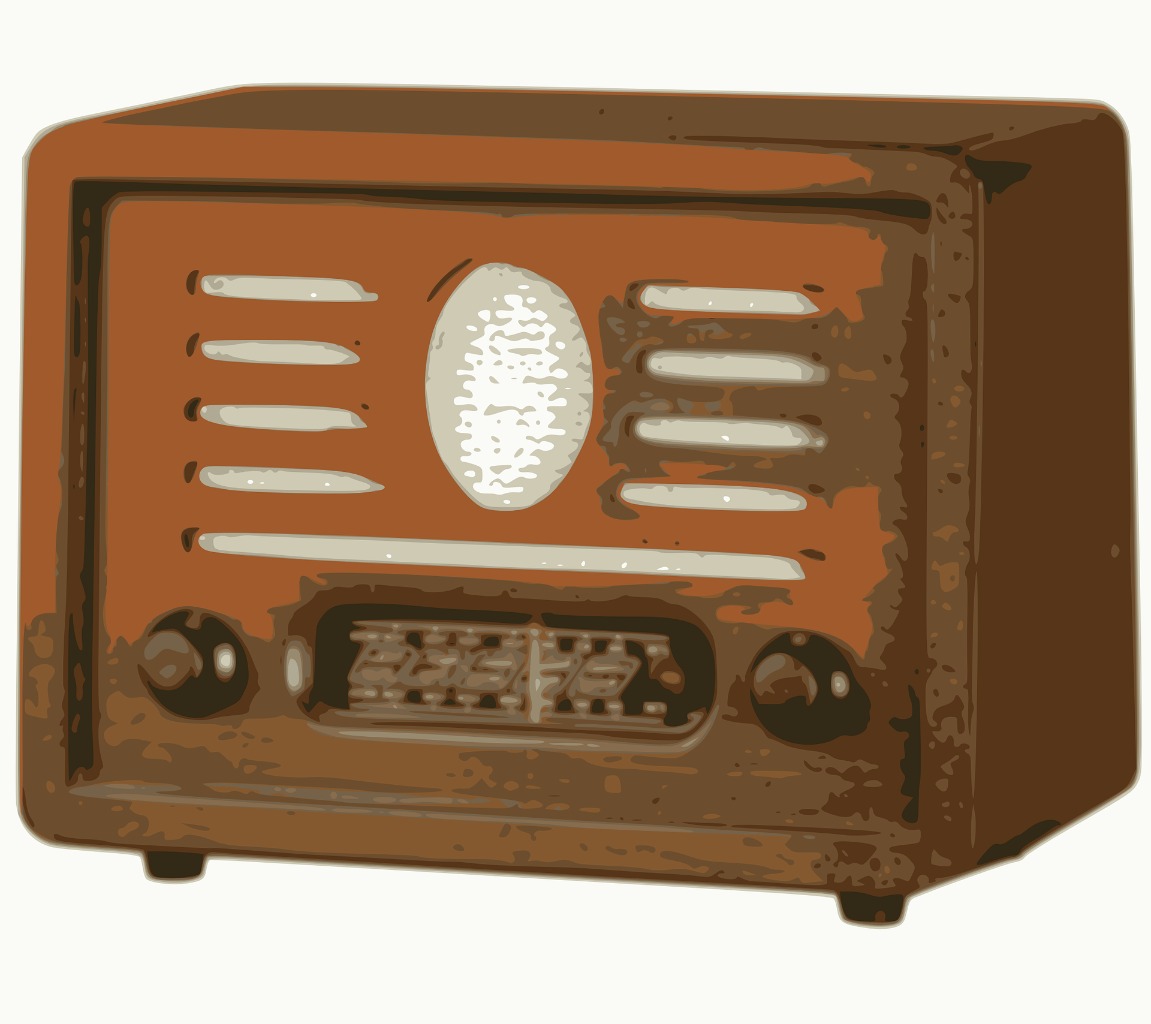
Back in July, we launched our second short fiction contest on Fictionate.Me. While the first involved fairy tale retellings, this one focused on worldbuilding and was based on a picture prompt. We were overwhelmed by the high bar of talent that was set by the submissions and had an incredibly tough time choosing our winners.
On September 12, 2022, we announced the winners of the contest, which included the top four stories (our Grand Prize winners), the four top People’s Choice winners chosen by our readers, the three winners for Best DIY Book Cover, and the three Young Author Grand Prize winners (under eighteen years old). We were so impressed by the submissions that we have chosen a whopping twelve other stories to be included for publication in our anthology (publication date TBD). To see the full list of winners and anthology contributors, click here.
For the next several weeks on the blog, we’ll be featuring interviews with the Grand Prize, People’s Choice, and Young Author Grand Prize winners. We will also highlight all our anthology contributors across social media. Be on the lookout on Fictionate.Me’s social media accounts to learn more about all the fantastic authors we’ve chosen for publication.
Our first blog interview is with our 1st Place Grand Prize winner, Tracy Pitts, with her gorgeously written, immersive sci-fi/fantasy story, “Radio Silence”.
“Radio Silence” takes place in a future where aliens have “cleansed” the Earth and paints touching relationships between a young girl and her grandmother, and the girl and her friend, a boy left behind by the aliens.
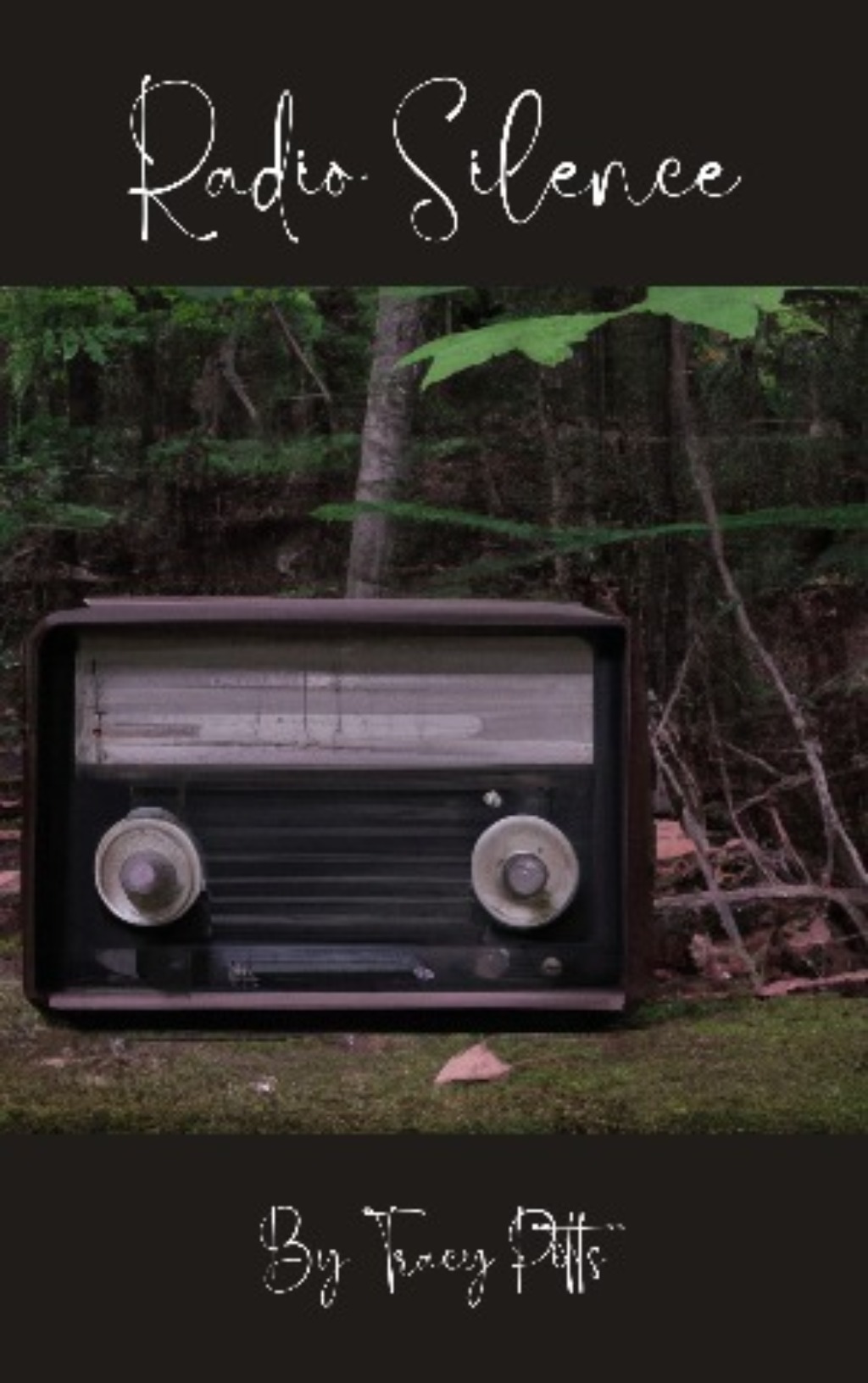
Radio Silence
In “Radio Silence”, readers follow a young girl named Eleanor in the year 3045, after the world has been cleansed by the “Others”. Eleanor’s Gran still remembers the Old World, before aliens came and destroyed everything. Her grandmother gives her an old radio, which she takes to her friend Juniper, a boy with vivid violet eyes who was left behind by the Others. His latest project is a robot he can’t get to work. But maybe the old radio is just what he needs…
In this story, Tracy Pitts uses beautiful writing and present tense to immerse the reader in this grim yet fascinating future. Here’s a sample of the wonderful prose in “Radio Silence” regarding stories Eleanor’s grandmother tells her about the Old World: “Bite sized pieces coaxed from a little girl’s distant memory, torn roughly, and chewed carefully, thoughtfully, until they taste like something from a dream.”
Despite the limited word count, you really get a feel for Eleanor’s relationships with her grandmother and Juniper. There is also great character development. No spoilers, but the ending features a fantastic twist.
Author Biography
Tracy Pitts is the author of “Radio Silence”. She was born and raised in Jackson, Mississippi, and currently works at the Mississippi Children’s Museum. When she isn't working at the museum or writing, she is dancing with a local modern dance company, snuggling her cat children, and trying to keep her houseplants alive.

Author Interview
This interview has been edited for clarity and length.
What served as the inspiration for your winning story “Radio Silence”, apart from our picture prompt?
I’ve always had a fascination with old radios. My grandfather was an amateur ham radio operator, and I remember him teaching me how to tap out my name in Morse Code when I was young. I was only about five, so if you put one in front of me now, I wouldn’t be able to work it. But there’s something about that technology that has always felt like home. I needed something to connect Eleanor and Juniper to the world outside their own, and a radio felt like an interesting way to bridge that gap!
You use present tense extremely effectively in “Radio Silence”—it really helps to bring the reader into the story. Do you usually write in present tense, or do you like to mix it up?
Thank you! I prefer to use present tense. I feel like it draws the reader into the story and makes them feel like they are right in the middle of the action. It also keeps me in the moment, and eliminates a lot of unnecessary words, which I am very guilty of using! I’ve tried past tense before, but it just doesn’t feel as natural to me.
What do you consider to be the biggest influences on your writing and why?
My parents for sure! My mom has her PhD in English Literature, so I grew up with a passion for reading and storytelling and also being given the look if I used improper grammar. My dad and his parents had a deep love of science fiction, which they definitely passed down to me. I’ve been writing my whole life, but when my dad passed in 2019, everything shifted for me, and I started doing this in his memory as well.
Who are your favorite authors?
Neil Gaiman! In fact, it was his novel American Gods that made me decide to go back to school for writing. I had kind of been floating around, not sure what I wanted to do, and after reading that book, I started looking for low-residency MFA programs. I also love Stephen King. I think what I appreciate most about both Gaiman and King is how down-to-earth they are. I know that sounds cliché, but they each just feel like someone you could sit down and have a cup of coffee with.

You’ve mentioned that you were a Dance major in college—how and when did you make the transition to writing? And do you feel that you flex some of the same creative muscles in writing as you do in dance?
I’ve been writing my whole life. I remember filling notebooks with stories when I was very young. Being a dance major in undergrad kept me extremely busy, but I still remember sitting in the hallway of the dance department with my laptop trying to finish NaNoWriMo. I knew at that point that I wanted to at least publish something, but I didn’t start thinking about it seriously until about four years after I finished my undergrad. I was going through a lot of transitions at the time. I had just quit a really toxic job, and my three-year relationship had also just ended. It was a weird time, so going back to school was just a kind of “what the hell” move for me. It ended up being one of the best decisions I’ve ever made.
I think that dance and writing definitely go hand in hand, and I’d love to explore that more. Both art forms tell a story, just in different ways. I currently work with a local modern dance company, and our most recent piece is partially danced to spoken word. I also see a lot of movement when I write. I think that my background in dance allows me to paint more vivid descriptions in my writing, because I can embody the movements I’m trying to describe.
If you had any advice for budding writers just starting out, what would it be?
Stick with it! I know it sounds like another cliché, but it’s really true. Just keep pushing ahead. If you have a project you’re passionate about, keep getting those words down on the page. Eventually, it will start to take form. I have a novel that I’ve been working on for years, and I think it’s finally shaping up in the way I want it to.
If you’re interested in pursuing writing in a more academic setting, a low-residency MFA gives you the foundation you need as well as a writing community. The one I attended at Mississippi University for Women was incredible, and I still have those connections even though I graduated over a year ago. I highly recommend it, and if anyone has questions, please feel free to reach out to me. That program helped me through one of the roughest parts of my life, and I cherish my time there.
Lastly, read! Again, this is advice that you hear all the time, but it really helps you find your own voice. Even if I read something that isn’t my cup of tea, it still helps me learn what I do and don’t enjoy in a novel or short story.
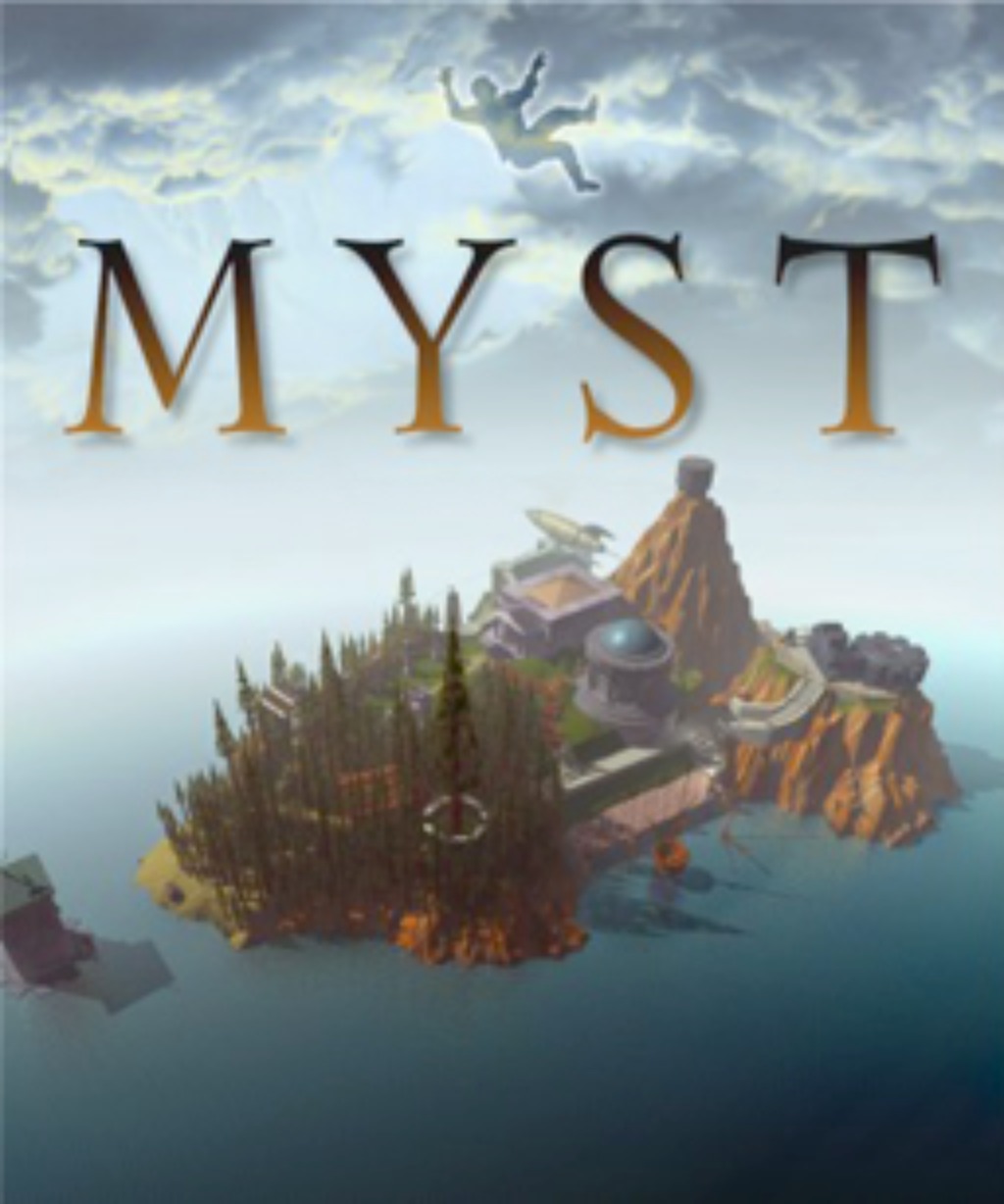
What draws you most to writing speculative fiction?
I’ve always been drawn to the idea of magic and other worlds. I mean, I 100% believe that faeries live in my yard, and I’m trying to figure out how to befriend them without getting myself into trouble. They’re tricky little beings!
I love everything that exists just parallel to our world but isn’t visible at first glance. I think this started when I was a young child. My dad loved the Myst game series, and I remember sitting in his office late at night with all the lights off playing together. Beating him to finishing the third game in that series was probably one of my proudest childhood moments. The worlds in that game really drew me in, and I wanted to create my own worlds just like Atrus did. Now that I think about it, that’s probably what drew me into worldbuilding. In the game, Atrus writes worlds that come to life. In a way, I’m doing the same. If I can take a mundane part of life and make it magical in some way, I will. Like the radio in my story!
Describe your daily writing routine. Do you have any tips for writers so they can optimize their own routines?
Funny enough, I just started a new writing routine that seems to be working well for me! I’ve started forcing myself to get up early and go to the coffee shop before work. I work a pretty fast paced 9-5. I absolutely adore the work, but by the time I get off in the evening, I’m exhausted. Shifting my schedule was surprisingly easy, considering I’ve never been a morning person. I’ve been able to get excited about having an hour and a half of writing time to myself while I’m still fresh, and then when I get off work, I have the time to do other things around my house.
That writing time jump starts my morning, and if there’s a day when I oversleep or can’t go for some reason, I feel the difference in the rest of my day. Going to the coffee shop instead of staying home puts me in the mindset of “okay, it’s time to write now.” I can’t get too comfortable or end up with a cat in my lap like I do at home. My writing life loves it—my wallet, not so much! But I feel like it’s worth it.
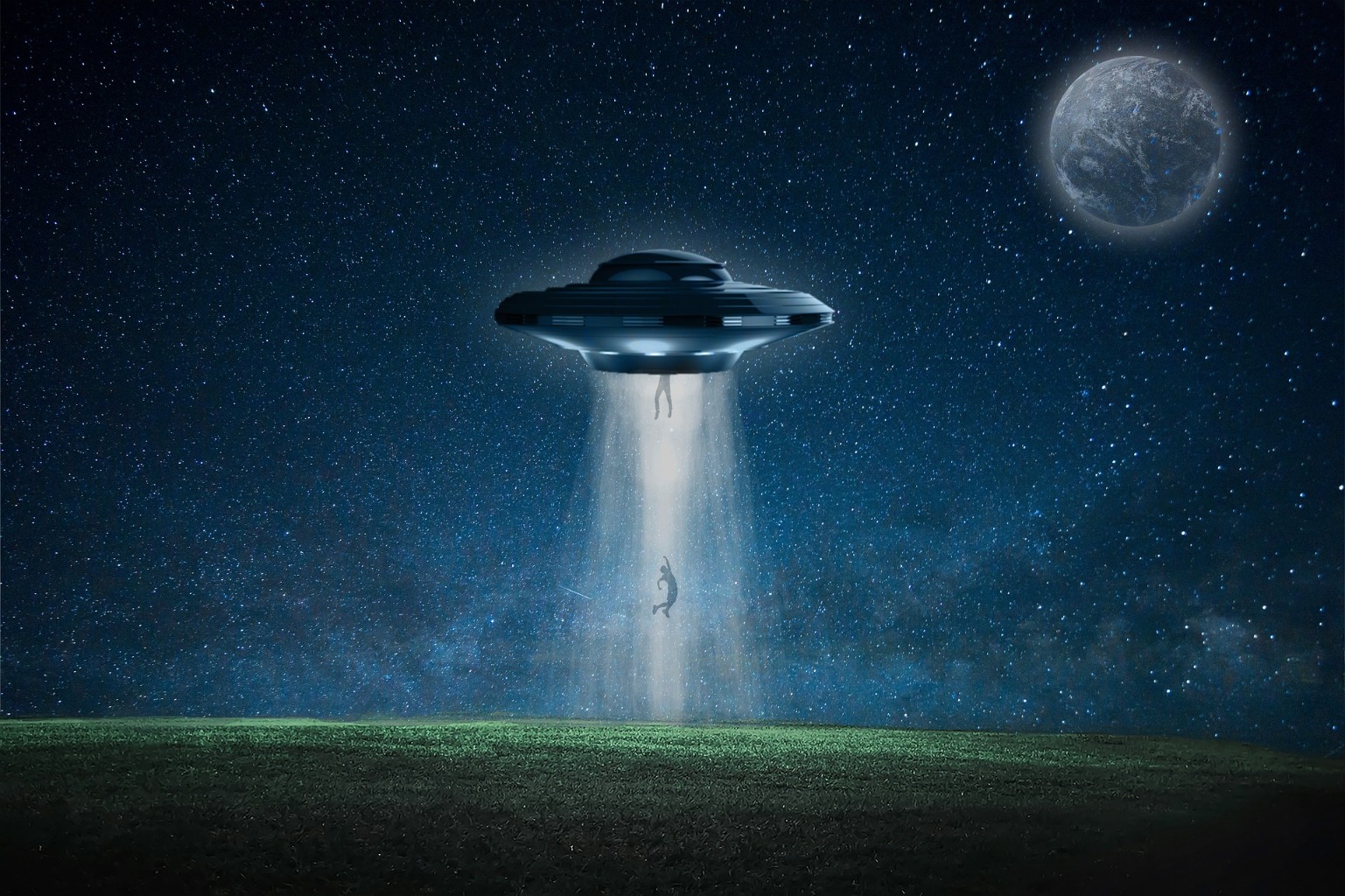
You created a beautiful, well-imagined sci-fi world with your winning story. What advice do you have for writers on how to level up their worldbuilding?
Try to imagine every part of your world. Don’t just describe what it looks like. What are your characters experiencing? What are they feeling, smelling, even tasting? How do they feel about the world they live in? Take a moment to close your eyes and put yourself in that space. Breathe it in. Then put it on the page. It always helps to see it through your characters’ eyes, instead of from your own zoomed-out perspective, and that makes it more authentic to the reader, too.
Even the greatest writers run into writer’s block from time to time. How do you deal with it when writer’s block creeps up on you?
Writer’s block is the worst! I went through a phase a few months ago where I just couldn’t seem to sit down and write, and lemme tell you, I was so grumpy the whole time. My poor housemate! What I’ve realized though, especially while working on a longer manuscript, is that this is an indication that I need to set it aside for a little while. Not for too long—if you’re like me you’ll lose your mind a little if you’re not working on something. But for me personally, this happens when I’ve gotten too close to the work. I’m too caught up in it, and I need to get a little distance.
I don’t always set the whole project aside. Sometimes I work on unrelated scenes in the same universe. For instance, take that tiny little side character that your main character passes on the street and then never sees again. What does a day in their life look like? Even if it never goes into the story, you’ll understand a little more about your world and the people in it. And eventually you’ll get back into the routine. It always comes back around!
Your short story “Frosted Glass” has been published in Vamp Cat Magazine as well. Do you have any advice on how to get published in literary magazines?
So, I spent a semester at the W working on our department’s literary journal, The Ponder Review. If you’re looking for somewhere to submit, give that a shot! But that semester really gave me some insight into the other side of submitting. Most of the time, if you get rejected, it’s nothing personal. Journals get absolutely bombarded with submissions. When I worked on Ponder and we started getting flooded, we only had time to read the first page of a submission at most. So definitely don’t take it personally if you get rejected. I can’t count how many rejections I’ve gotten from journals. And really try to hook your reader from the beginning. Don’t be gimmicky but do try to stand out. And don’t give up. Keep submitting. Let the rejections grow. It’s okay—it shows how hard you’re trying! And if they tell you that your piece isn’t right for them but they ask you to submit again, listen to them. They don’t say that to everyone, so if you get that feedback, they really are interested in your work!
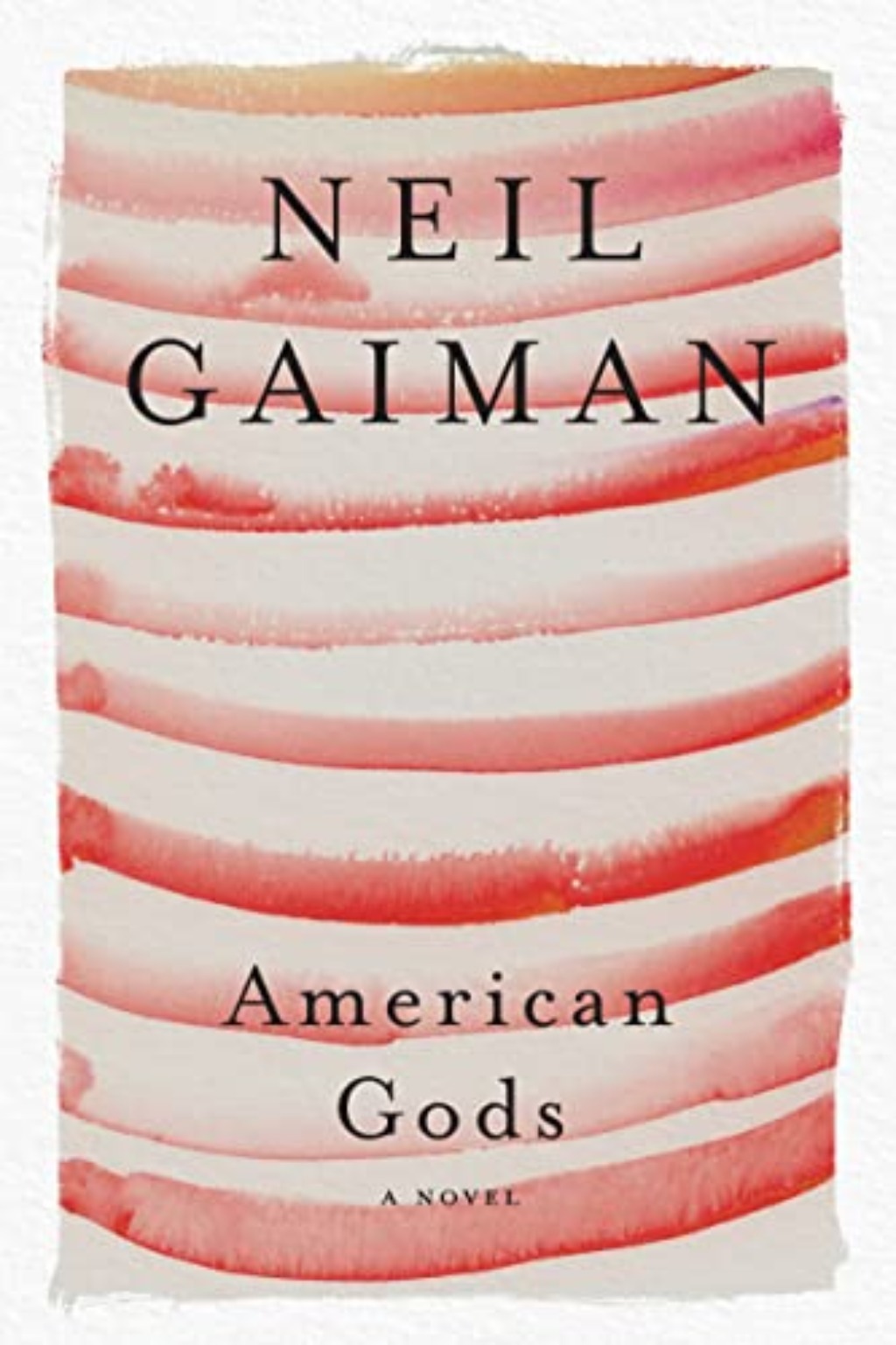
Just for fun, name your favorite:
Books:
- Anything by Neil Gaiman, but especially American Gods.
- The Girl Who Loved Tom Gordon, The Shining, Misery, and Pet Sematary by Stephen King.
- The Girl with All the Gifts by M.R. Carey.
- Something Wicked this way Comes by Ray Bradbury. His language and descriptions are so beautiful, my gosh.
Movies:
- There are a few movies that I can watch over and over. Jurassic Park is one, and Miss Congeniality is another. Exact opposites, I know!
- The Others is a really beautifully crafted ghost story.
- Bladerunner was one of my dad’s favorites, so it holds a special place in my heart. Its worldbuilding and aesthetic had a lot of influence on the novel I’m working on right now.
- Rent, Moulin Rouge, and Hamilton for musicals.
Shows:
- The Haunting of Hill House and The Haunting of Bly Manor are very well done.
- Gentleman Jack, even though it got canceled, which made me very sad!
- Aggretsuko is way too relatable for a cartoon about a red panda…
- Sense8, The Unbreakable Kimmy Schmidt, Stranger Things, and The Middle.
If you have any questions for Tracy, you can reach her at…
Email: tracy.root.pitts@gmail.com
Instagram: @_tracyroot_ or @tracyiswriting
Twitter: @tracyiswriting
TikTok: @_tracyroot_
Website: https://www.tracyroot.net/
We’d like to thank Tracy for submitting her lovely story to the contest, and for taking the time to answer our questions! Hopefully you readers have enjoyed getting a glimpse at our 1st Place winner’s habits and writing process.
Stay tuned for more interviews with our winning authors, as well social media features on our contestants and news about our upcoming anthology.
Follow us on Facebook | Instagram | Twitter | Discord